Find out more about The Open University's Health and Wellbeing courses.
Population ageing is a rising trend globally, with declining fertility rates and an increase in life expectancy. The UN estimates there have never been more aged people in the world than today. This means it is increasingly important that ageing well is given priority.
What is ageing
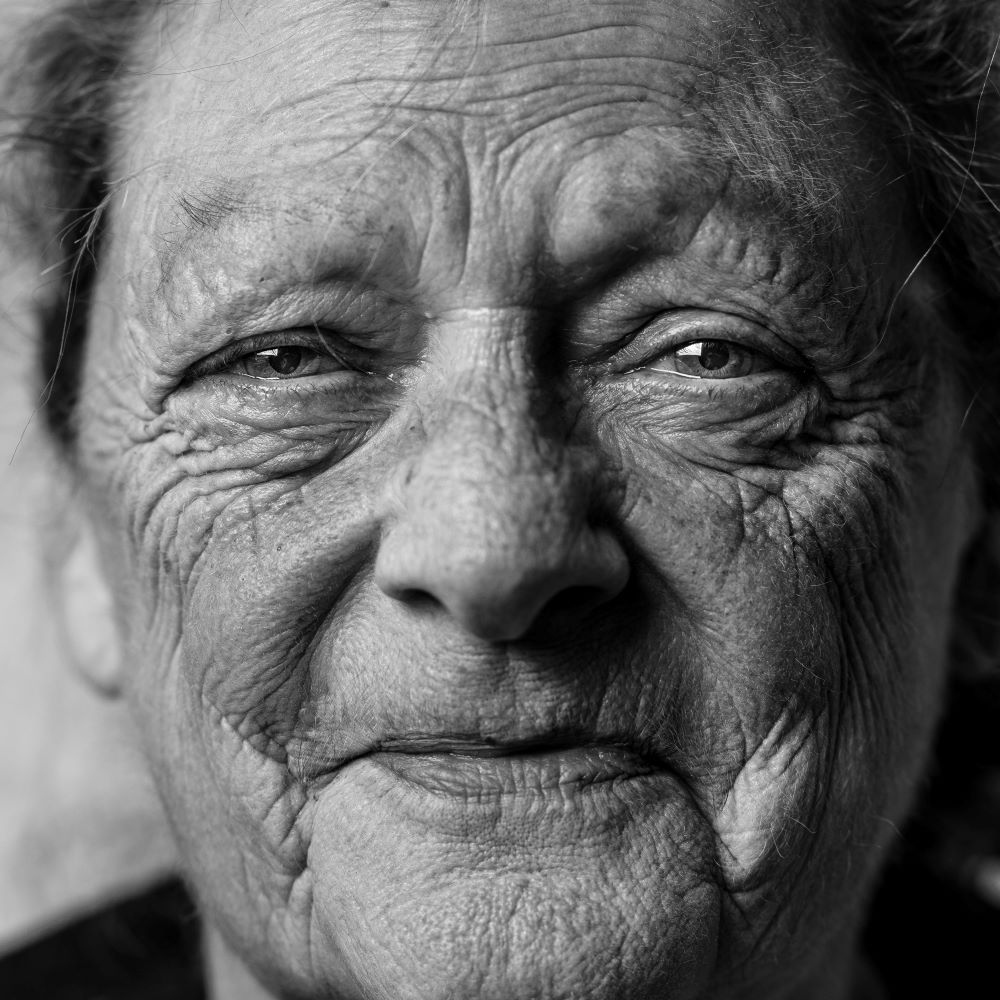 Ageing is a natural process that starts the moment we are born. Our basic metabolism (i.e., the rate the body uses energy to maintain vital functions such as breathing, blood circulation, digesting food, and keeping warm) slows down naturally as we age. Slowed basic metabolism, in combination with age-related changes on our cardiovascular system (heart, veins, arteries, circulation of blood), immune system (how our body protects itself from infection and how it is supported to recover after illnesses and injuries), respiratory system (clearance of lungs, chronic coughs, breathing), hormonal changes and musculoskeletal systems (bones thinning, loosening muscles, weaker joints, tendons and decreasing flexibility with ageing) mean that our organs and functions start declining. This decline happens at different speeds for different organs within each individual. For this reason, ageing of individuals as well as ageing of populations is very difficult to predict. And the way ageing affects us depends on decisions we have made over our lifespan. Our decisions, also called lifestyle choices, play an important part in our lives. For more information on ageing and ageing well please follow Ageing Well Public Talk Series and our article on Ageing Brain.
Ageing is a natural process that starts the moment we are born. Our basic metabolism (i.e., the rate the body uses energy to maintain vital functions such as breathing, blood circulation, digesting food, and keeping warm) slows down naturally as we age. Slowed basic metabolism, in combination with age-related changes on our cardiovascular system (heart, veins, arteries, circulation of blood), immune system (how our body protects itself from infection and how it is supported to recover after illnesses and injuries), respiratory system (clearance of lungs, chronic coughs, breathing), hormonal changes and musculoskeletal systems (bones thinning, loosening muscles, weaker joints, tendons and decreasing flexibility with ageing) mean that our organs and functions start declining. This decline happens at different speeds for different organs within each individual. For this reason, ageing of individuals as well as ageing of populations is very difficult to predict. And the way ageing affects us depends on decisions we have made over our lifespan. Our decisions, also called lifestyle choices, play an important part in our lives. For more information on ageing and ageing well please follow Ageing Well Public Talk Series and our article on Ageing Brain.
Physiological ageing, also called normal ageing, results from a natural wear and tear and affects our brain directly and indirectly. Some examples of indirect age-related changes are: a slowed basic metabolism and changes to our cardiovascular system and blood flow; and the flow to the brain gets slower as arteries narrow. This can easily affect how our brain and other organs function. Changes to the brain as we age include changes to our processing speed and memory (how we store and retrieve information) through a series of connected cognitive processes. We have outlined the age related changes affecting our brains in this article and in a podcast:
It is a myth that every older person will develop dementia and in reality, it is a spectrum from normal age-related decline through to a clinically diagnosable dementia (defined as a group of symptoms including memory loss and confusion). Most of us don’t know there are over 100 conditions which cause dementia as we often hear only about a handful of the most common ones, such as Alzheimer’s Disease. If we are affected by a type of dementia or another neurodegenerative disorder we may experience loss of Sense of Self as well as loss of other functions. In the sections below we discuss how we can boost our Sense of Self and if you are interested about the ageing brain see this article for more detail.
The self
Descartes famously declared ‘I think, therefore I am’, meaning that being a self-conscious, thinking being is what makes us who we are. Our sense of self is a concept that can be thought of as made up of our upbringing, our culture, our language, our experiences, our relationships, our body, our mind, our achievements, and crucially, our beliefs and values. Our sense of self is crucial in many ways to our well-being, and we can suffer when we do not feel like our authentic selves.
 The famous quote of Rene Descartes (1596-1650) on the importance of self; ‘cogito, ergo, sum’ (Latin).
The famous quote of Rene Descartes (1596-1650) on the importance of self; ‘cogito, ergo, sum’ (Latin).
Ageing and the self
Older age can sometimes be a challenging time for maintaining a full sense of self, as there can be so much change in this period of our lives, some of which may be associated with loss. People in later life are often retiring from work, an experience which may have provided them with a sense of pride or value. During later life, they may also encounter physical difficulties that can limit what they are able to do, so that they may have to give up lifelong-loved activities. If we also begin to lose skills through cognitive difficulties, such as those associated with dementia, this can have an even more profound effect on our sense of self, as we have to ‘re-learn’ to live without being able to rely on memory or being able to always find the words to say when we need them. If we are being supported by loved ones, we may also feel that our role in life has changed, or their role has. Or perhaps we have lost loved ones and are now learning to live without them, with all the difficulty that brings.
How to boost sense of self
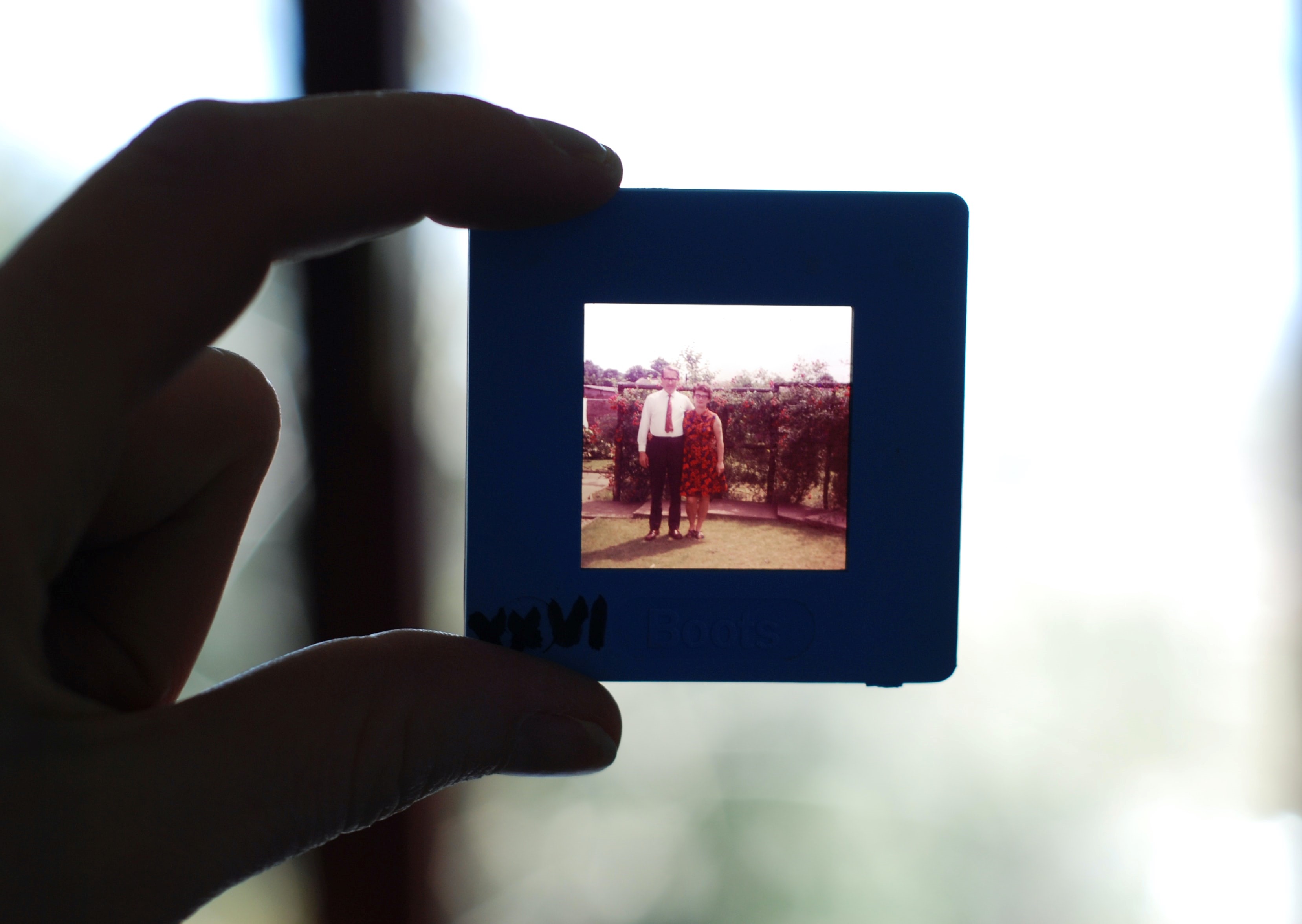 There are some practical ways in which we can help ourselves come back to our sense of self if we are living through the difficulty of dementia or caring for a loved one with dementia. Firstly, it is important to focus on small positives, and be aware of what is still possible. This can be a huge challenge, but it is about finding things that we can still share; perhaps we still laugh at the same jokes, or we can watch a beloved television series together. Related to this is the idea of nostalgia, which is reminiscing about positive events and achievements in one’s own life. This can also be done together with loved ones, and may take the form of a photo album, remembered stories, or using treasured objects to reminisce. Using nostalgic music; whether listening together or singing can be an especially powerful way of reminiscing and preserving a sense of what has been, and therefore a reminder of who we are.
There are some practical ways in which we can help ourselves come back to our sense of self if we are living through the difficulty of dementia or caring for a loved one with dementia. Firstly, it is important to focus on small positives, and be aware of what is still possible. This can be a huge challenge, but it is about finding things that we can still share; perhaps we still laugh at the same jokes, or we can watch a beloved television series together. Related to this is the idea of nostalgia, which is reminiscing about positive events and achievements in one’s own life. This can also be done together with loved ones, and may take the form of a photo album, remembered stories, or using treasured objects to reminisce. Using nostalgic music; whether listening together or singing can be an especially powerful way of reminiscing and preserving a sense of what has been, and therefore a reminder of who we are.
Preserving humour where we can is important, as humour is a universal human experience; if we can find a way to laugh, then we can connect with this part of ourself. If we are able to write our thoughts and feelings down, or perhaps speak them on to a recording device, this can also help us to understand ourselves and our experiences, and this can often help us to be clearer about what is important to us, helping us to connect with our beliefs and values.
However, sometimes even these practical steps may not be possible, and we may be left with a sense that we are losing ourselves to the dementia, or to the caring role, and that we have no or little control over this process. One helpful idea from Acceptance and Commitment Therapy (ACT), is the idea that we can re-discover our values in our pain. For example, if we feel sad because we feel isolated, this shows that we value connectedness with others. By looking at what is causing our distress, we can highlight what our beliefs and values may be and see if it's possible to move towards a way to live in accordance with these values.
How can mindfulness help
From a mindfulness perspective, spending time in nature is a good way to be able to appreciate being in the moment. When our mind remains focused on the present, it stops us from ruminating about the past, or worrying about the future. Worrying won’t help or change anything, but we can use up precious time creating future ‘worst case’ scenarios in our head, instead of living the life that we have right now. You can also read more about mindfulness in the benefits of mindfulness and five common myths surrounding it.
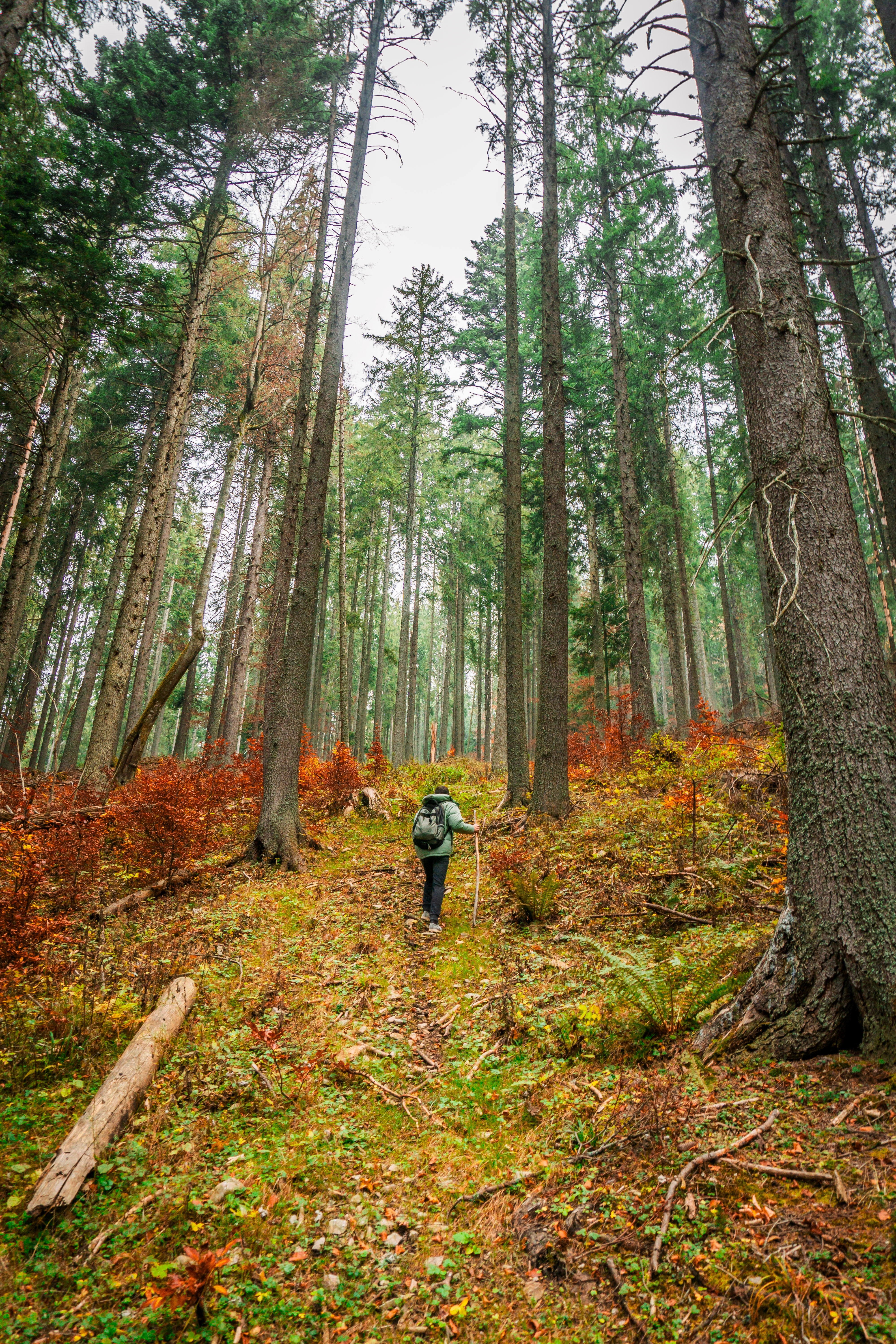 Taking time to bring awareness to what is around us can bring us a better quality of life, reduce stress and improve wellbeing. We can use our senses when we are out in nature: what can we hear around us – such as leaves rustling or birds singing; what can we feel – like the wind on our face, or mittens on our hands; what can we see, smell, taste? Being in nature is also a reminder of the impermanence of all things, as we see the seasons change and notice different weather from day to day. An acceptance of the impermanence of all things is also central to holding a sense of self, as we realise that many ‘parts’ of us can change, such as our body, our job, our home, and yet there is something permanent that remains, that transcends the changes that occur. Watching a tree go thorough cycles of bud, leaves, flowers or fruit, then losing leaves again can be a metaphor for the part of us that remains while things around us change. Nature can remind us to embrace this rather than to fight against it, to go through cycles of change like the tree does.
Taking time to bring awareness to what is around us can bring us a better quality of life, reduce stress and improve wellbeing. We can use our senses when we are out in nature: what can we hear around us – such as leaves rustling or birds singing; what can we feel – like the wind on our face, or mittens on our hands; what can we see, smell, taste? Being in nature is also a reminder of the impermanence of all things, as we see the seasons change and notice different weather from day to day. An acceptance of the impermanence of all things is also central to holding a sense of self, as we realise that many ‘parts’ of us can change, such as our body, our job, our home, and yet there is something permanent that remains, that transcends the changes that occur. Watching a tree go thorough cycles of bud, leaves, flowers or fruit, then losing leaves again can be a metaphor for the part of us that remains while things around us change. Nature can remind us to embrace this rather than to fight against it, to go through cycles of change like the tree does.
In conclusion, being in nature, and the mindfulness skills it can teach us, can help us preserve a sense of self in an ever-changing world, and especially during difficult times that may come with ageing, and with the challenges of dementia. You can also find further interesting reading/resources below and listen to our full podcast.
new.jpg)
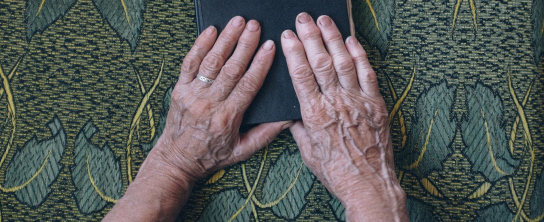

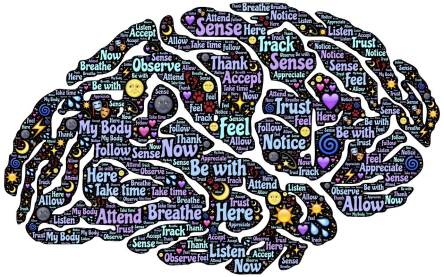

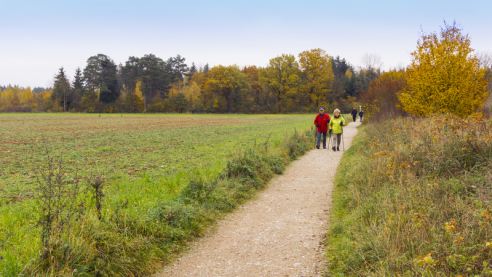
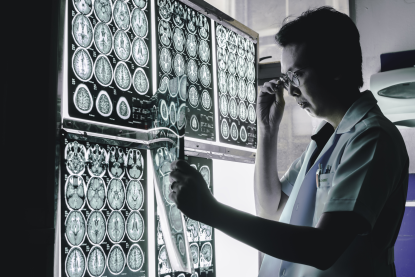
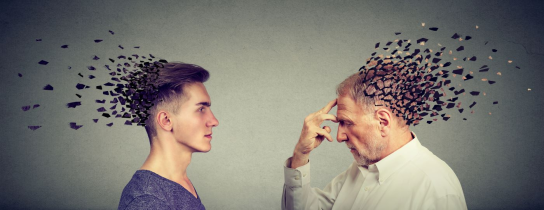
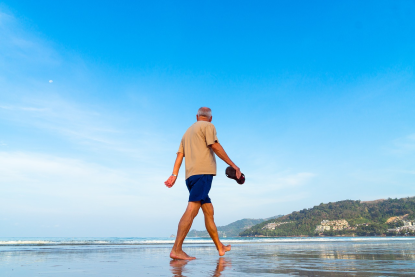

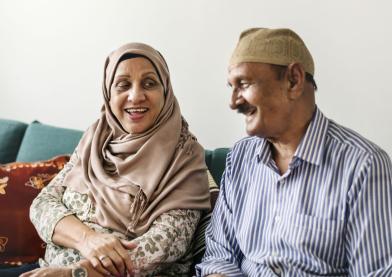

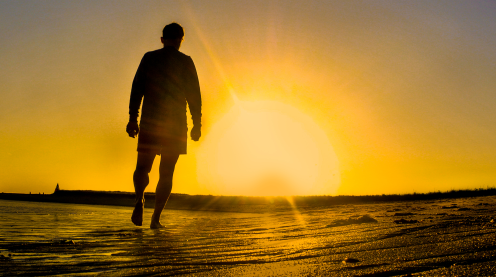
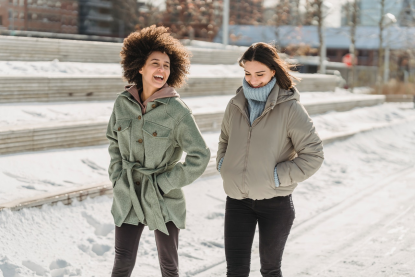
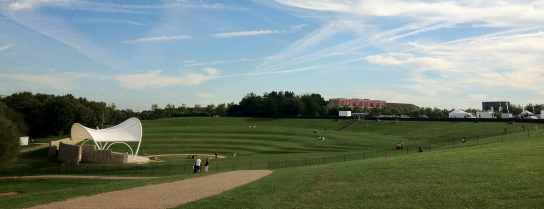
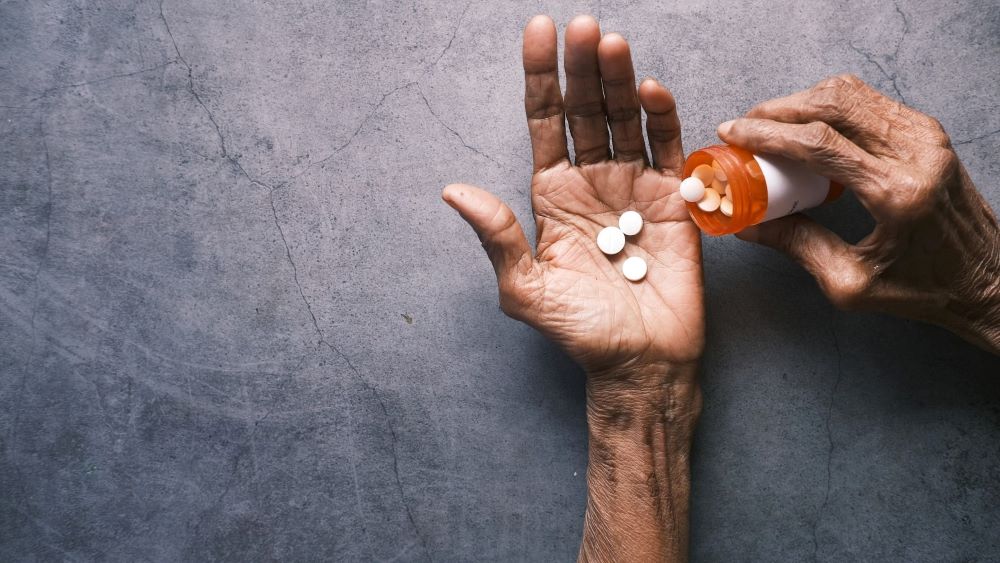
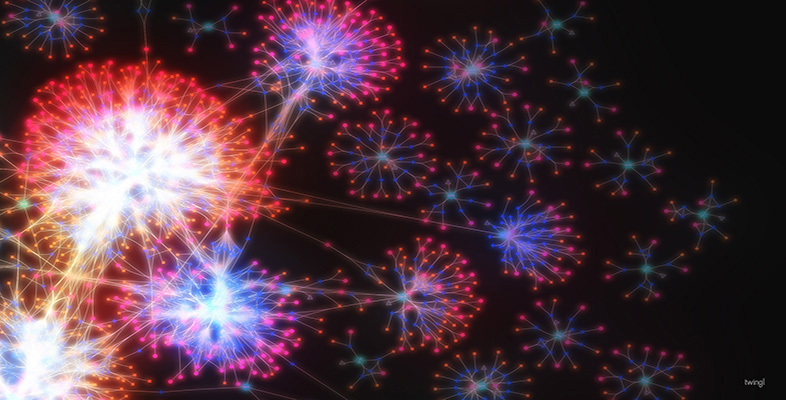
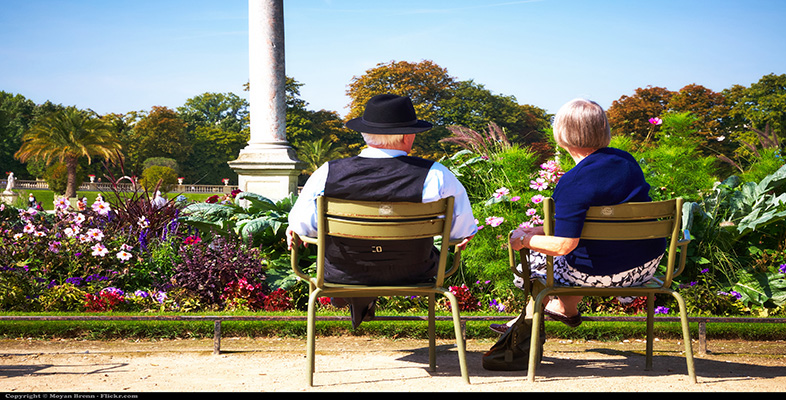

Rate and Review
Rate this article
Review this article
Log into OpenLearn to leave reviews and join in the conversation.
Article reviews